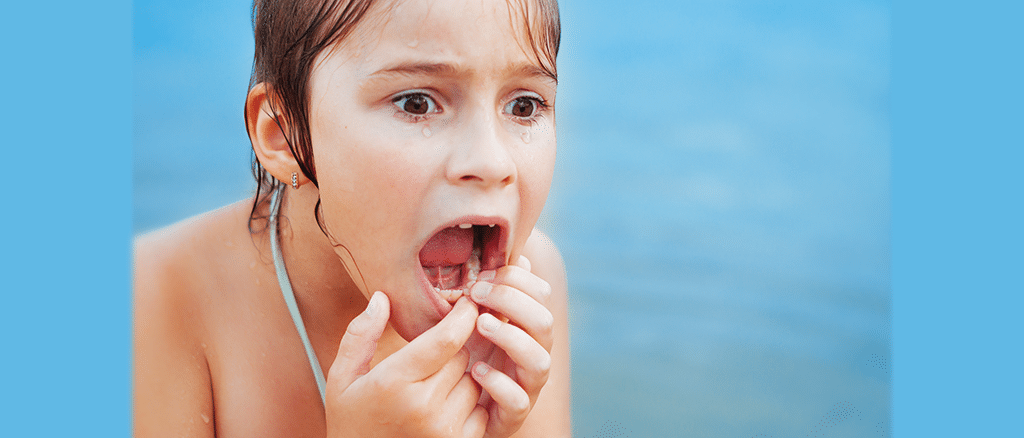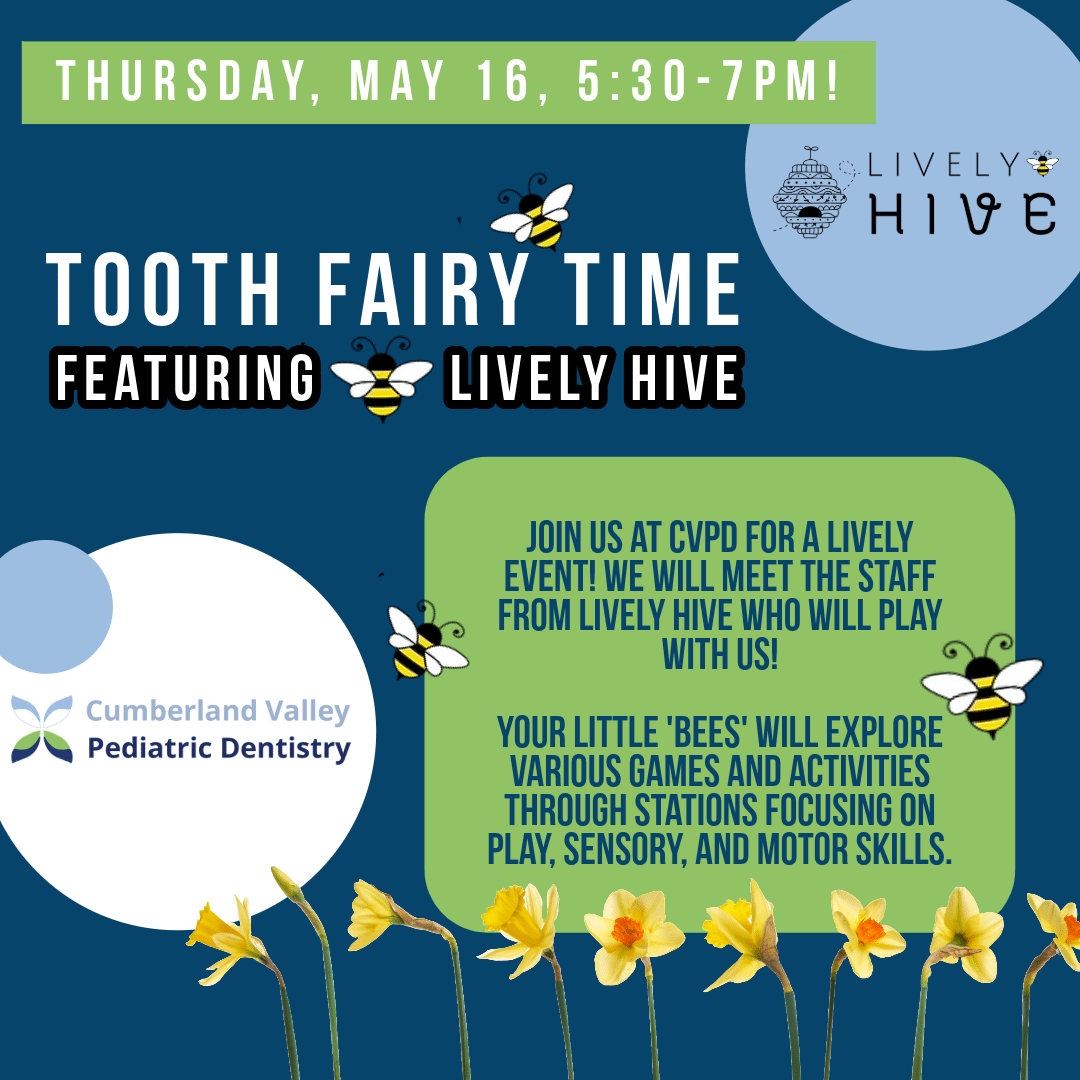We love our kids, but sometimes they can be a bit prone to accidents. So what should you do if your little one knocks out one of their baby teeth? You might wonder if it’s fine since their permanent teeth will be coming in eventually. It’s important to take some important steps to ensure there aren’t any problems down the road.
What To Do First
Once you’ve learned that your child has suffered an injury, it’s important to first try to locate the tooth. There isn’t a high probability that your pediatric dentist will attempt to re-implant the tooth as this is not usually recommended or needed. It’s also important to hold onto the baby tooth just in case your dentist would like to examine it. A crucial step is to examine your child’s mouth to see if there are any facial or oral injuries beyond the tooth itself. If there are, a visit to the emergency room may be needed. While you wait to go see a dentist, make sure to apply gauze and pressure to the site.
At the Dental Appointment
The longer-term implications of losing a baby tooth will depend on a number of factors, including the age of your child. If your child is on the older end, it’s possible to treat it as though the baby tooth just fell out on its own. Sometimes if certain teeth like molars and incisors are involved a spacer may be used to ensure there’s enough room for the permanent teeth to come in. In terms of younger children, some parents may opt to have their dentist put a pediatric partial in the child’s mouth, which is often used when one of the front teeth are lost. Pediatric partials, like adult partials, are custom-crafted prosthetic devices that replace missing teeth. Unlike their adult counterparts, pedo-partials are designed to be temporary. They give dentists and parents a dental solution designed for a toddler’s mouth and only intended to temporarily replace a child’s deciduous teeth until their permanent teeth can fully erupt.
There’s a good chance your dentist will recommend your child receive X-rays. This is to ensure there isn’t any nerve damage or issues with the permanent tooth below. These steps are important to ensure that there aren’t any issues with the jaw and that there is adequate room for the permanent tooth to come in. This can also prevent any issues with your child’s jaw development or speech.
Other Dental Concerns From Injury
If your child suffers an injury and the tooth is either chipped or loose, make sure to schedule an appointment with your dentist as soon as possible. In the case of a loose tooth, your dentist will take X-rays to understand the extent of the injury. Most likely your child will need to be put on a diet of soft foods for a few days to allow the root to heal. As for a chipped tooth, your dentist may offer to use bonding material to fill the chip, providing improved aesthetics and comfort for your child.
A child losing a tooth can be a traumatic experience and many parents may not know what steps to take after an injury occurs. Luckily, most lost teeth at a young age like this don’t pose any sort of immediate danger. The answer, as it often is, would be to get to your dentist as soon as possible. You and your dentist can work together to figure out the best next steps for your child.


